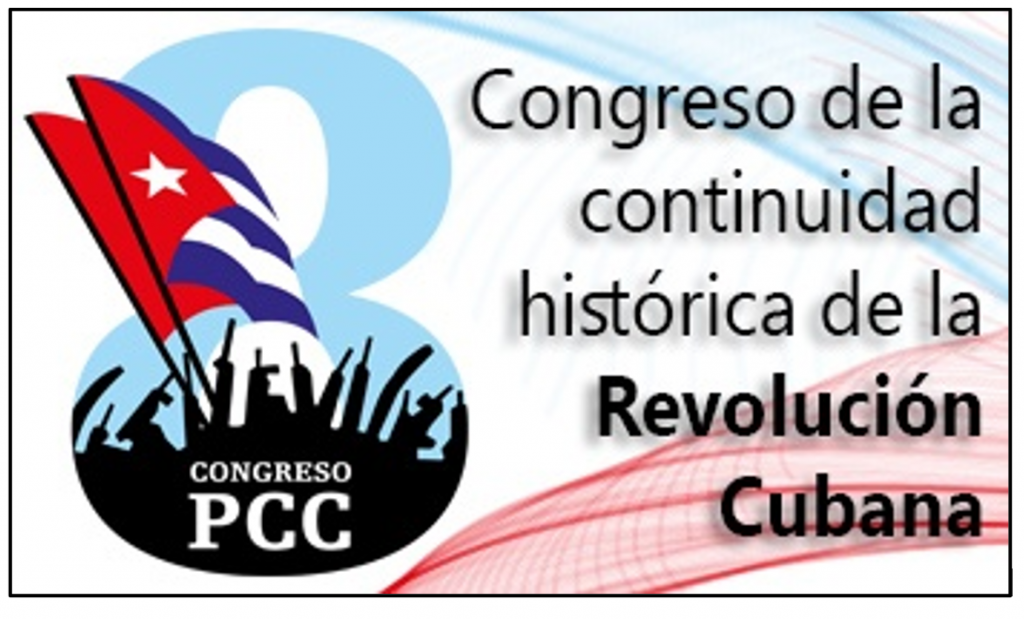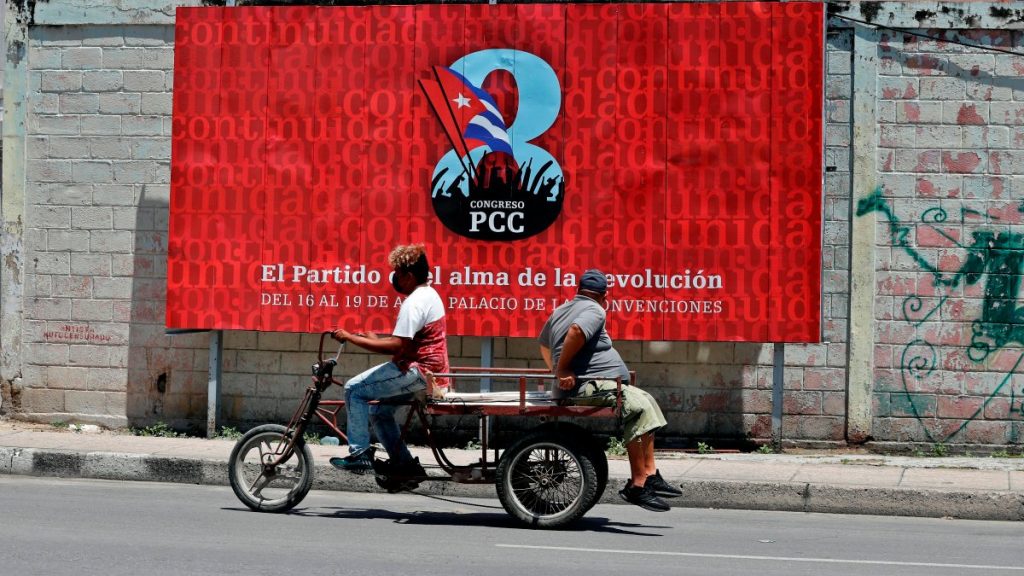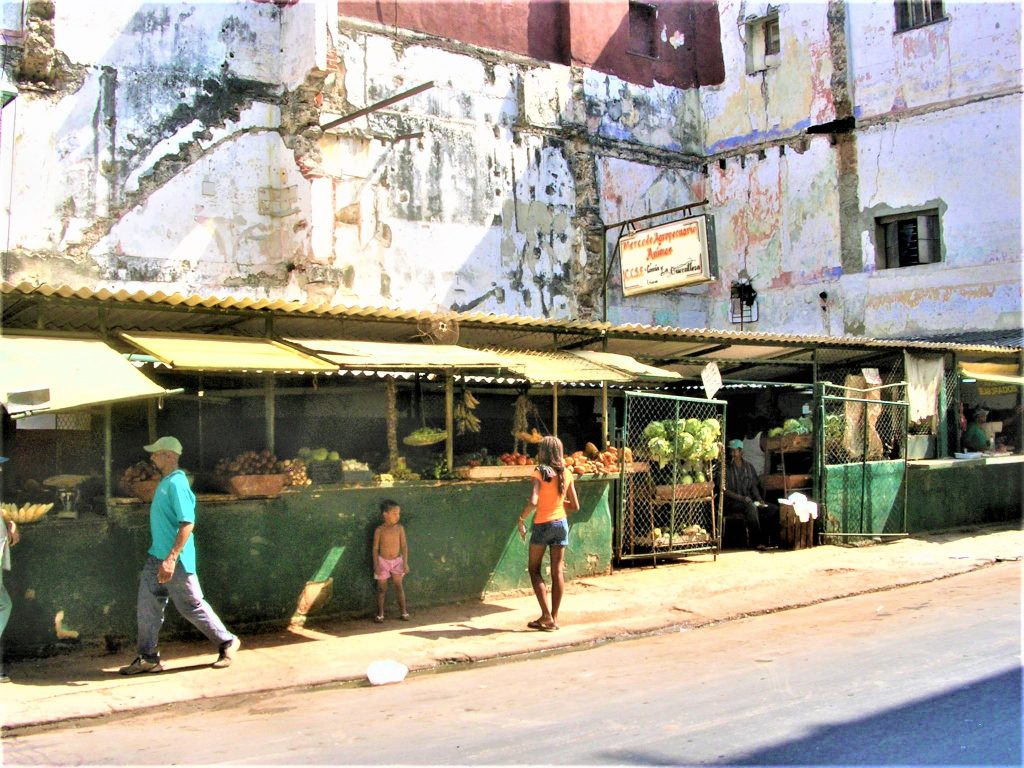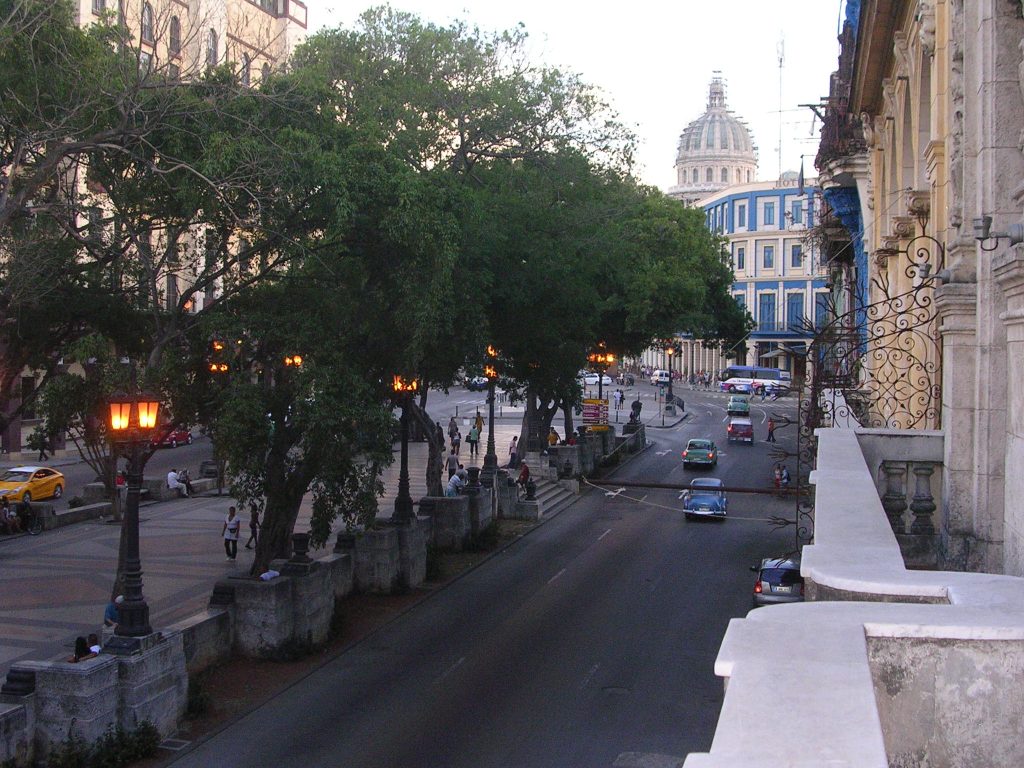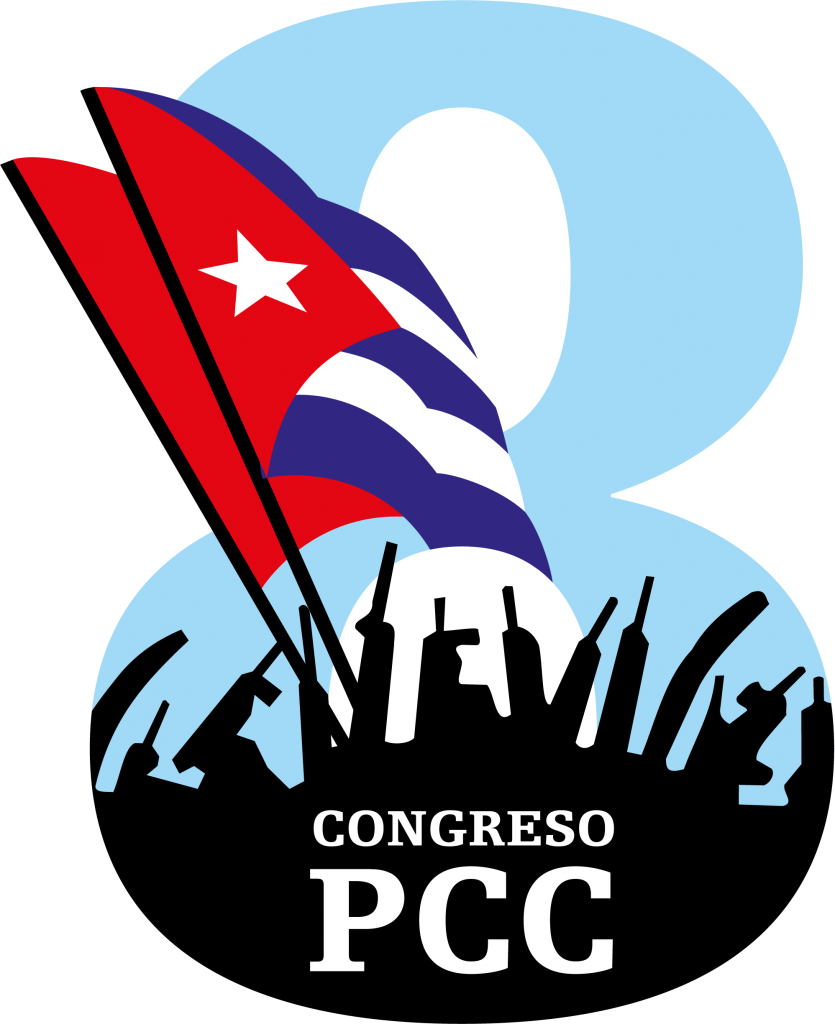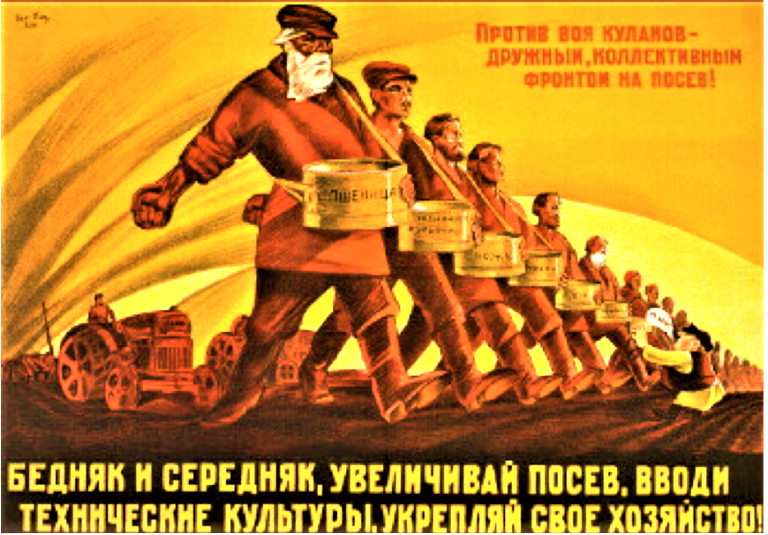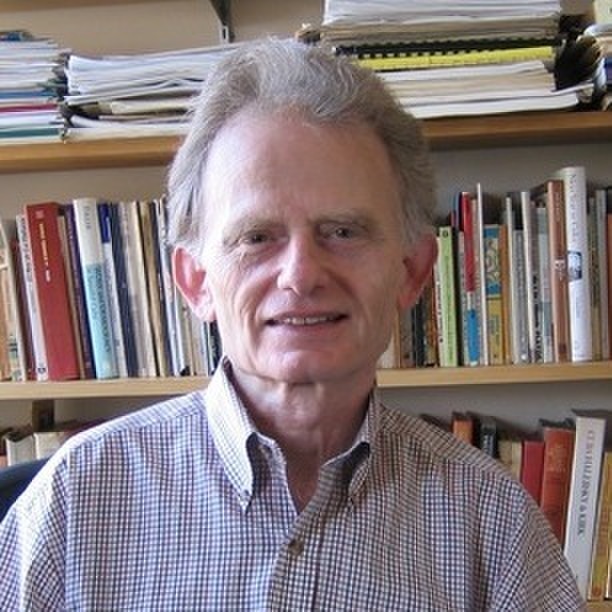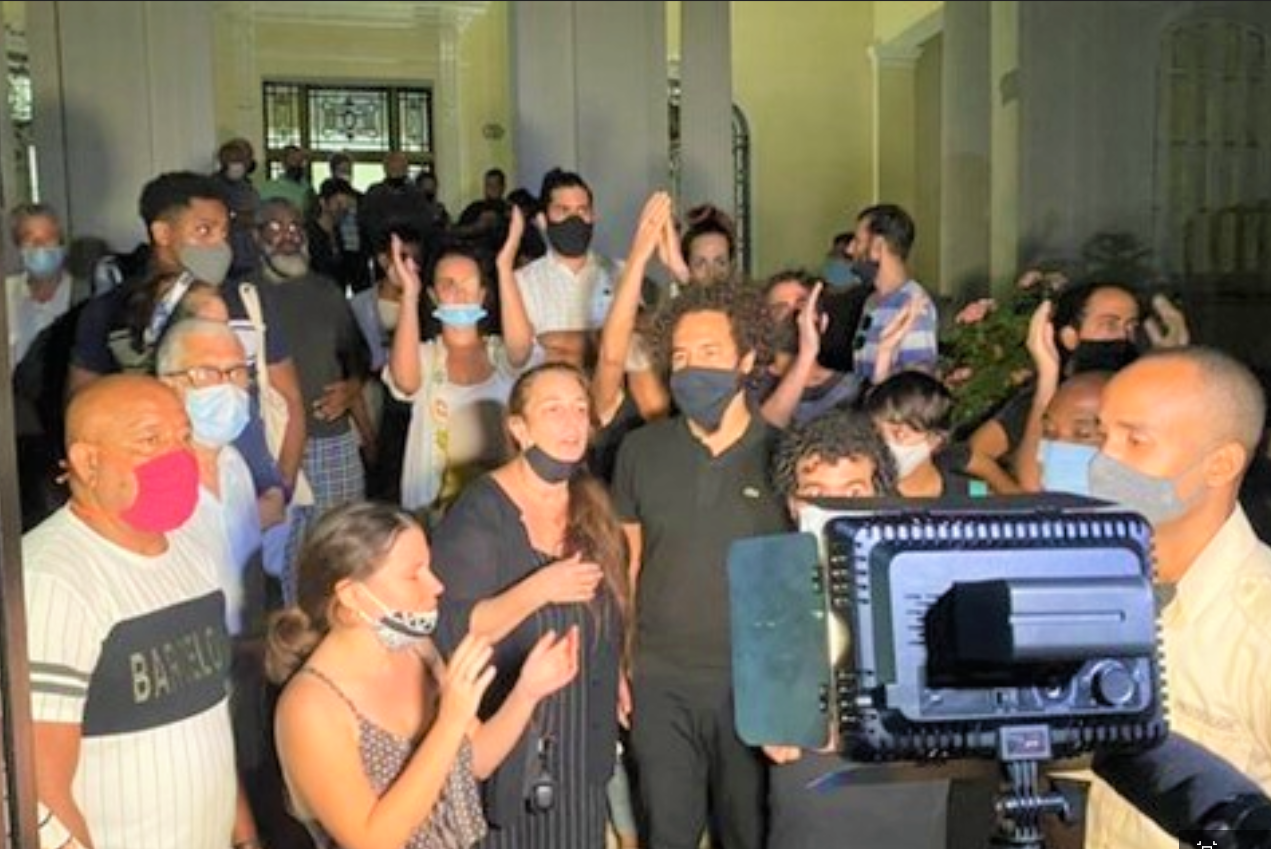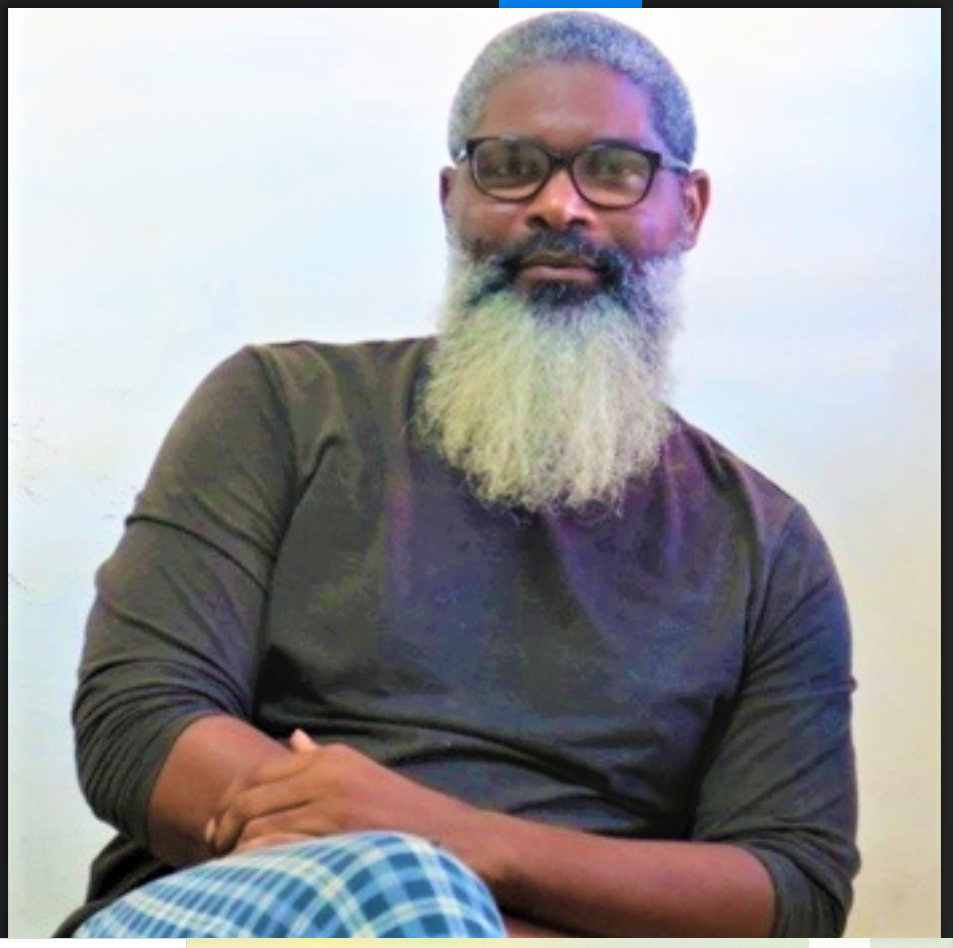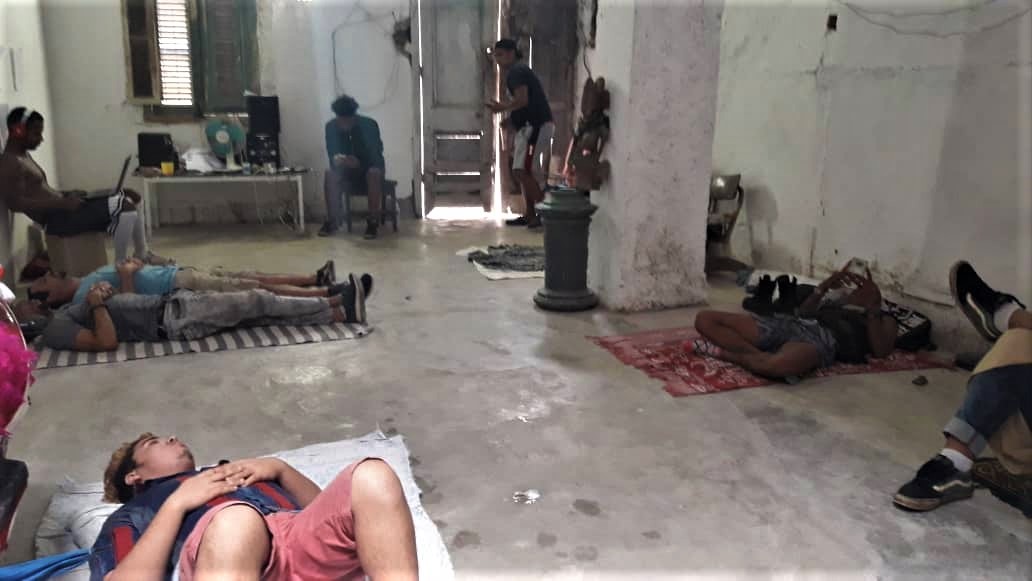
El autor, aborda la despolitización de la sociedad en Cuba a través de la consigna de la Revolución, a su vez, reafirma la necesidad de la crítica y de la discusión política, así como del conocimiento del sistema político.
Cuba es un país desbordado de política, y a la vez extrañamente apolítico.
A pesar de toda la inflación de los símbolos políticos, no hay espacio para discusiones políticas genuinas, debates verdaderos, y análisis a fondo del proceso político. Escasean fuentes confiables de información y evaluación de las políticas públicas en la isla. La política está en todas partes, pero como tótem (¡La Revolución!) y tabúes, no como un proceso deliberativo en el sentido de Aristóteles o Hannah Arendt.
A pesar de la aparente fertilidad de las ciencias sociales en Cuba, medida por el número de revistas académicas y institutos de investigación, lo que encontramos todavía en Cuba son ciencias sociales y humanidades desangradas, que sí hablan de problemas en la isla, pero nunca de poder. Eso solo lo puede hacer a fondo en el exilio y por cubanólogos de afuera, pero casi siempre con datos insuficientes. Por eso los estudios cubanos se basan demasiado sobre repertorios discursivos, dada los escasos datos cuantificable y la falta de transparencia institucional en la isla. Incluso las estadísticas económicas son, a menudo, poco confiables.
Dentro de la Revolución, No Política
En la conocidísima novela 1984 de Orwell, desbloqueada en la isla a partir la Feria del Libro de 2016, la Newspeak, o neolengua, “was designed not to extend but to diminish the range of thought, and this purpose was indirectly assisted by cutting the choice of words down to a minimum.”[2] De la misma manera, el gobierno cubano se ha esforzado para despolitizar la sociedad, “achicando” el lenguaje utilizado para hablar de política en el país, reduciéndolo a consignas (o mots d’ordre en el sentido de Bourdieu). La consigna mayor es la misma “Revolución”: origen y fin (mito) de la política; fuerza infinita, omnisciente y omnipresente; actor y proceso; persona, en el sentido de máscara (Grenier, 2020). ¿Quien es responsable de tal o cual decisión? En fin, la Revolución, es decir todo y nada.
Una temprana víctima del achicamiento del lenguaje fueron las ciencias sociales, en particular la ciencia política, eliminada como disciplina académica a principio de los años sesenta bajo la consigna: “La universidad para los revolucionarios” La sociología también fue abolida de 1980 a 1991. Un marxismo leninista de corte soviético (e.g. Konstantinov, Yajot, Makarov) pronto se convirtió en pensée unique en la isla. Con “las ideas de emancipación social de Marx, Engels y Lenin” (Constitución de la República), no hace falta ciencia política—disciplina burguesa por definición, ya que supone una autonomía de la esfera política, y que a la pregunta “quién obtiene qué, cuándo y cómo”, para citar la famosa definición de la política del politólogo Harold Lasswell, la respuesta no puede ser solamente la burguesía o el proletariado.
El economista y cubanólogo canadiense Arch Ritter destaca algunas de las implicaciones de esta situación. Para él, “una de las consecuencias de la ausencia de la disciplina de ciencia política en Cuba es que solo tenemos una vaga idea de cómo funciona realmente el gobierno cubano. ¿Quién en el Politbureau y el Comité Central del partido realmente toma decisiones? ¿Hasta qué punto y cómo las presiones de las organizaciones de masas afectan realmente a la toma de decisiones, o el flujo de influencia siempre es de arriba a abajo y no el inverso? ¿Qué papel desempeñan las grandes empresas conglomeradas que se encuentran en la economía del dólar internacionalizada y la economía del peso en el proceso de formulación de políticas? ¿La Asamblea Nacional es simplemente una concha vacía que, por unanimidad, aprueba cantidades prodigiosas de legislación en períodos de tiempo extremadamente cortos?” (Ritter, 2013). Enseguida pregunta retóricamente: “¿Por qué este análisis político está esencialmente prohibido en las universidades cubanas? Puedes adivinar la respuesta” (Ritter, 2013). Bueno, sí, podemos: tiene que ver con los tabúes acerca de “quién obtiene qué, cuándo y cómo”.[3] Como lo afirmó Masha Gessen con respecto a la sociología en la Rusia de Pútin: “An ideal totalitarian regime would find a way to obtain sociological data without the sociologists” (Gessen, 2016). No existe un régimen totalitario ideal, así que el plan B es tener científicos sociales, pero controlados.
Fingir el Pensamiento Crítico
Los estudiosos de las ciencias sociales e intelectuales en Cuba deben rechazar el dogmatismo y celebrar la crítica y los debates, como invariablemente lo hace el mismo liderazgo político[4]. Sin embargo, es sabido que de ninguna manera se puede cuestionar los dogmas oficiales sobre la infalibilidad del liderazgo histórico o la identificación de la dirección con la Revolución, así como la irrevocabilidad del sistema político comunista de partido único. En otras palabras, hay que fingir el pensamiento crítico.
Ha sido aconsejable para los científicos sociales partir de un repertorio marxista leninista, como fundamento metodológico e ideológico de todas investigaciones, o al menos no confrontarlo con una perspectiva alternativa. Se ha podido explorar teorías no-marxistas (el posmodernismo fue popular durante los años 90), pero con cuidado, sin cuestionar el paradigma único. También se acogen con beneplácito las blandas descripciones de las estructuras jurídicas y los debates pseudo técnicos sobre las políticas públicas en revistas de ciencias sociales como Temas.
Previsiblemente, los “debates” en Cuba cuentan con oradores ultra-cautelosos que en su mayoría están públicamente de acuerdo unos con otros, siendo toda la energía redirigida hacia las polémicas contra los enemigos oficialmente sancionados y los flagelos intemporales del gobierno: dogmatismo, burocratismo, corrupción, descontento juvenil, residuos pre-revolucionarios del sexismo y el racismo, y por supuesto, el imperialismo norteamericano, el “bloqueo” y el orden mundial capitalista. Todos se animan para “mejorar el socialismo” y la revolución. El liderazgo político rutinariamente desafía a los “intelectuales públicos” y periodistas a atreverse más, no menos: signo infalible de la presencia de la censura sistemática.
En cualquiera de los “debates” de “Último Jueves”, por ejemplo, las soluciones a los problemas convergen hacia el ideal oficialista: más participación, más compromiso con La Revolución, y a mejorar un sistema político en construcción perpetua. Es significante que cuando unos se atreven a abordar el tema de “cómo funciona el sistema político en Cuba,” como fue excepcionalmente el caso de un “debate” de Último Jueves en febrero de 2016, no hubo ninguna discusión sobre “cómo funciona”, solamente comentarios generales sobre posibles mejoras, las cuales invariablemente pasan por una reafirmación de las aspiraciones oficiales. Cuanto menos se habla de poder, más se habla de ideales políticos universales (justicia, participación, igualdad).
Pensée unique
El marxismo de corte leninista permite una politización de la “ciencia” y conlleva un aura científica a la política (el “materialismo científico”). Ha sido una ideología conveniente para el gobierno cubano y para otros gobiernos comunistas por dos razones, ambos relevante para entender el marasmo de las ciencias sociales cubanas.
En primer lugar, abrazar y estudiar sus textos canónicos adormece la curiosidad sobre los procesos de toma de decisiones reales bajo un tipo de régimen que fue solo un sueño durante la vida de Marx: el comunismo. Marx escribió ampliamente y a veces con perspicacia sobre las fallas estructurales de las sociedades capitalistas (y pre-capitalistas). Pero aparte de sus nebulosas referencias a la Comuna de París y las glosas sobre las estrategias revolucionarias en su “Crítica del Programa de Gotha”, el análisis de Marx del comunismo es más teleológico que político. En la Cuba de hoy, el marxismo leninista es un repertorio de códigos ideológicos y un arma que permite criticar los enemigos del gobierno.
En segundo lugar, el marxismo (no tanto su versión leninista) puede usarse como una teoría o un paradigma en ciencias sociales, como ocurre en todo el mundo–hoy en día en las humanidades y estudios culturales más que en ciencias sociales y para nada en economía. Pero en sociedades abiertas, el marxismo compite con otras teorías e interpretaciones, lo que le da una vitalidad inexistente en países donde es una pensée unique como en Cuba. No es sorprendente que el marxismo no sea muy sofisticado en Cuba: la ausencia de crítica genuina, la cual pasa por la confrontación con otras perspectivas, es una sentencia de muerte para cualquier perspectiva científica o filosófica.
Un tropo común utilizado por los porteros de las ciencias sociales oficiales es que el marxismo cubano es crítico y humanista, al revés del marxismo soviético “rígido” y “mecánico”, defendido (y definido) por nadie. Se puede criticar el “estalinismo”, entendido como desviación del modelo leninista original (oficializado en la misma constitución cubana), pero no la Constitución de Stalin de 1936, la cual es el modelo por la constitución cubana de 1976. En Cuba, el rechazo del “marxismo mecánico” es mecánico. Tiene que ver con posicionamiento político y burocrático, no con la práctica de la crítica, sin la cual ningunas ciencias sociales pueden florecer.
Hay buenos cientistas sociales en Cuba, por la misma razón que hubo buenas pinturas erótica en la época medieval: porqué el talento y la imaginación siempre pueden manifestarse a pesar de los parámetros más estrechos.
MSI, 27N, y Articulación Plebeya
El espacio público se abrió inesperadamente con la irrupción del Movimiento San Isidro en septiembre de 2018 y la manifestación frente al ministerio de cultura el 27 de noviembre de 2020 (27N). Se trata de un movimiento de jóvenes artistas y periodistas independientes, con demandas bastante parecidas a la Glasnost (más espacio de expresión), pero con relámpagos de críticas metapolíticas que amenazan el régimen. Recordamos que el mundo del arte goza de una autonomía relativa y condicional impensable en la universidad. El arte de vanguardia, por definición disonante y elitista, es también una fuente importante de proyección internacional y de divisas por las arcas del estado (el embargo no se aplica a la venta de producción artística).
No hubo, que yo sepa, apoyo significativo de la universidad al movimiento, salvo una larga petición, con más de quinientos nombres de “intelectuales cubanos,” titulada “Articulación Plebeya”.[5] Si no me equivoco, la grande mayoría de los firmantes viven en el extranjero, y el texto de la petición se limita a celebrar el bien común, la paz, el medio ambiente, el diálogo, la inclusión, y mucho más parecido, todo “dentro del marco de las leyes y la Constitución.” Aunque llama la atención el pasaje sobre el rechazo a “toda acción estatal violenta,” el tono más conciliador que el del MSI o 27N indica claramente la presencia de parámetro más estrechos en la academia que los que rigen el mundillo de las artes y de lo que podemos llamar la sociedad civil cubana.
Conclusión
Un país no puede sobrevivir sin historiadores, matemáticos, economistas, biólogos, etc. Aparentemente sí se puede subsistir sin genuinas ciencias políticas … pero ¿a qué precio? Y las ciencias sociales en general, ¿que pueden cumplir si el máximo de crítica posible es la revista “Temas”? ¿Y si Cuba Posible ya no es posible?
Para funcionar bien y utilizar plenamente su capital humano, un sistema político necesita transparencia, información, examen crítico de las políticas públicas, sin miedo a la verdad. En Cuba se necesita mejores datos sobre cómo funciona realmente su sistema político, y análisis a fondo de los problemas y de sus posibles causas políticas, levantando el velo del secreto que cubre la mayoría de las transacciones políticas. ¿Es esto posible “dentro de la Revolución”?
Referencias
Grenier, Y. (2020). Cuban Studies and The Siren Song of La Revolución. Cuban Studies.
Ritter, A. (2013). Political Science: When Will Cuban Universities Join the World?. The Cuban Economy. Recuperado de: https://thecubaneconomy.com/articles/2013/06/political-science-when-will-cuban-universities-join-the-world/
Gessen, M. (2016). Sociology, According to Putin. The New York Times. Recuperado de: http://www.nytimes.com/2016/10/05/opinion/sociology-according-to-putin.html?action=click&pgtype=Homepage&version=Moth-Visible&moduleDetail=inside-nyt-region-3&module=inside-nyt-region®ion=inside-nyt-region&WT.nav=inside-nyt-region
[1] St. Francis Xavier University
[2]. “Achicar” el lenguaje también es una característica de la distópia totalitaria en la obra maestra de Boualem Sansal, 2084, La fin du monde (Paris: Gallimard, 2015).
[3]. Asimismo, Armando Chaguaceda afirma que “la ausencia de estudios a fondo y la falta de acceso público a temas clave como la composición de la élite política cubana y su circulación real y mecanismos de toma de decisiones mantienen casi toda la producción en el campo en un nivel superficial.” Armando Chaguaceda, “House of Cards and Political Science in Cuba,” Havana Times, 21 March 2014,
[4] Ver el último capítulo de mi libro: Yvon Grenier, Culture and the Cuban State, Participation, Recognition, and Dissonance under Cmmunism (Lexington Books, 2017): chapter 6: “Faking Criticism.”
[5] “Articulación plebeya: a propósito de los sucesos en el Ministerio de Cultura,” El Toque, 28 de noviembre, 2020.



